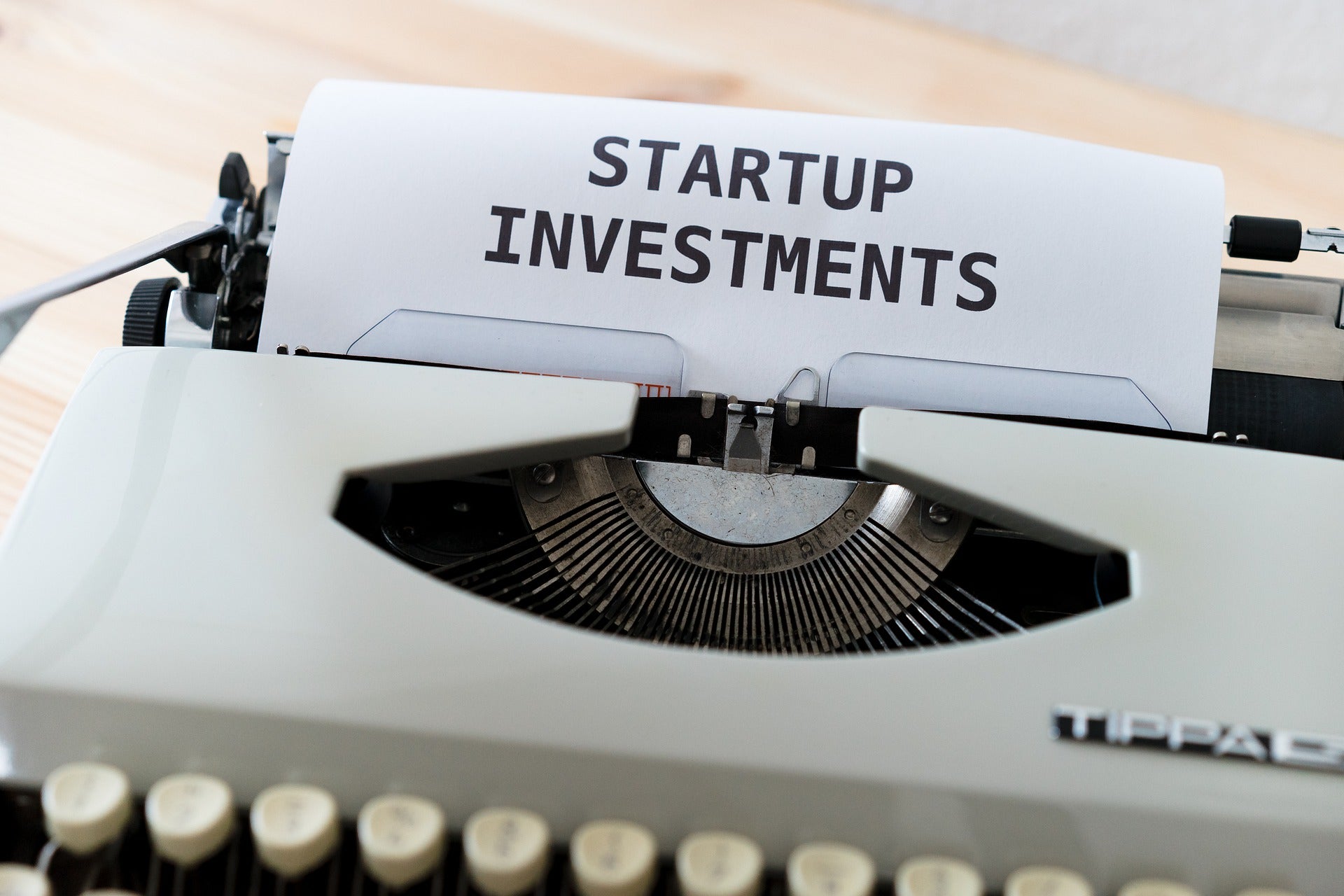
Brazilian digital lender Cora has raised $116m in Series B round of funding, which was led by Greenoaks Capital.
Existing investors Ribbit Capital, Kaszek Ventures and QED Investors also participated in the round, in addition to Tiger Global and Tencent, as new investors.

Access deeper industry intelligence
Experience unmatched clarity with a single platform that combines unique data, AI, and human expertise.
The round follows a $26.7m Series A round in early April 2021. The startup has raised $152.7m since it was established in 2019.
Cora plans to use the proceeds for business growth, product development, credit offering and expanding team size.
Currently, it offers payment wallets to 140,000 small and medium enterprises across Brazil and aims to reach 380,000 customers by the end of the year.
Last year, the Central Bank of Brazil approved Cora’s license and was allotted banking code 403.

US Tariffs are shifting - will you react or anticipate?
Don’t let policy changes catch you off guard. Stay proactive with real-time data and expert analysis.
By GlobalDataCora CEO and co-founders Igor Senra told TechCrunch: “We’re trying to deeply understand our customers’ needs and trying to create products they love. We consider ourselves the opposite of traditional banks, which are usually not good at taking care of their customers.
“There is a total addressable market of five million companies, so there is a lot of room to grow. But we are pushing ourselves to expand other verticals.”
In June this year, another Brazilian digital lender Nubank bagged a $500m investment from Warren Buffett’s Berkshire Hathaway.
The bank also raised a second $250m Series G extension, which was led by Sands Capital.
It has reportedly hired Morgan Stanley, Goldman Sachs, and Citigroup to lead its US initial public offering (IPO), which could value it over $40bn.






